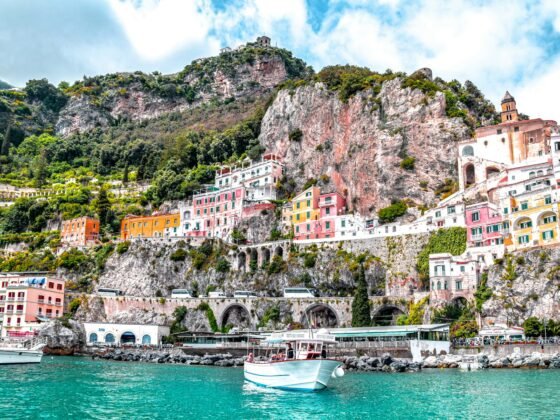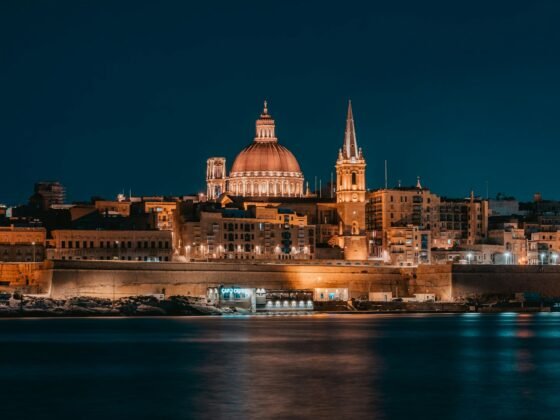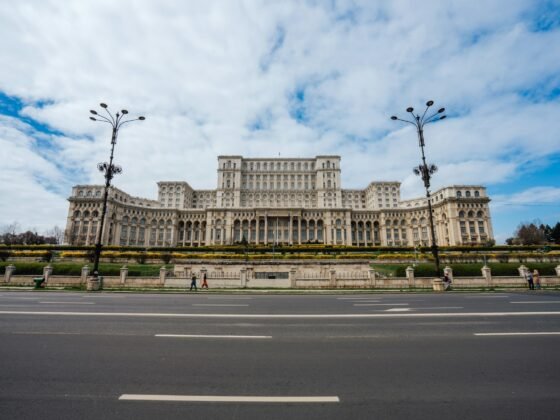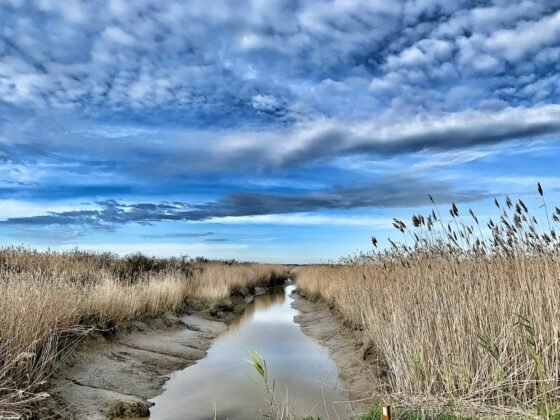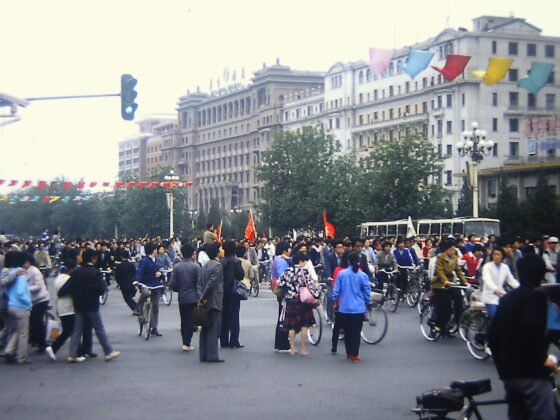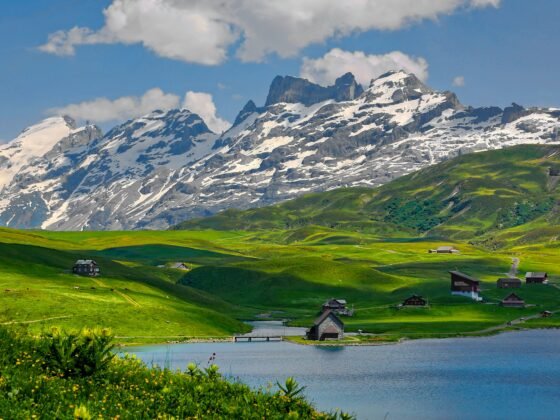“Yokoso!”, an honorific warm-hearted welcoming expression from Sumiko-san and Shinji-san, or Mrs. Sumiko and Mr. Shinji, decorated my first arrival in a small, serene, and green village of Yuno, at Shizuoka prefecture, Japan. Your guest is your king, a metaphor that many Asian cultures behold when it comes to guest-welcoming with a belief of take-and-give for their future life. They were going to be my first Japanese host family for a night; a night that I would never forget as it changed my diet and life style, healthier and greener.
All the way I could see around Shizuoka was irresistible and peaceful scenery. Pristine water from Mount Fuji streamed along Yuno’s river, nurtured the life above its fertile soil. I was simply mesmerized by the atmosphere, dipping my bare feet in the fresh cold water running above the rocks, blending in with the element of nature. Slurps of richness from the river oozed down my throat and enchanted my mind as if I was ten years younger. Shinji-san explained that he spent many of his time cleaning up the sides of the river from all potential wastes littered by irresponsible humans who do not respect mother earth.
With the most passion and pride I have ever seen in my life, Shinji-san showed me the rice paddy field where all grains were cut-off traditionally by hand. My eyes were then drawn to the prestigious plantation that Shinji-san described as the source of family’s life, pure white and colonized: buckwheat flower, a main ingredient to make soba noodle, a worth-waiting menu for tonight’s dinner. Soba is a type of thin Japanese noodle which can be either served chilled with dipping sauce during summer or boiling hot with a broth like a noodle soup during the winter. Sumiko-san runs her own Soba-making school and a small traditional Soba restaurant next to her house. I had tried Soba before in Indonesia, but my head kept telling that what I would taste tonight would be zillion times more delicious. As I was still imagining myself, unbelieving that I would try precious hand-made Soba from its master chef, Shinji-san awoke me to help him collecting the chestnuts for dessert before the Soba is ready, another nature’s blast from his living heaven.
Everybody clapped hands one time, bowing while sitting face to face one to another, and said “Itadaikimasu!”, a bon appetite version in Japanese. Aromas of delicacy from hot soba noodle, herbs, and spices teased every nose in the restaurant as Sumiko-san unveiling the kitchen’s curtain. The salty and savory taste of soba sent me to the peak of culinary satisfaction. Warm broth mixed with long, smooth, and chewy Soba noodle expressed its sapidity and everlasting organic process where the spring water grows the buckwheat flowers, mannerly picked as the shin-soba or newly harvested buckwheat that is treated with admiration into flavorful soba noodle which tempted everyone’s appetite. Clipping sounds from the breaking of chopsticks greeted the side-entrees of crispy prawn tempura, delicious miso soup, and fresh vegetables. Hot macha or Japanese green tea and the boiled chestnuts came along, mingled with our all night vibrant conversations about Japanese culture.
At the land of the Far East sunrise, I woke up from my comfortable sleep on tatami, a Japanese mattress on bamboo floor, and found out that Shinji-san and Sumiko-san had already left. To my surprise that Shinji-san uses to wake up at 4.30 AM to collect his harvests and bring them to nearby market. So did Sumiko-san who was already busy preparing the soba, catching up before the dawn comes. This showed me that although age may be sensitive for some people, Shinji-san was 74 years old at that time and along with his wife, they were still firm, strong, and embracing the spirit of hard work. “Exercise”, answered Shinji-san when I asked him the reason behind his early wake-up. In addition to punctuation, the placement of hanging calendar in the restroom increased my respect toward Japanese working culture as he explained that it was common in Japan to remind people on dates of schedules. “When you come back to your home country, never waste things around you. Everything in nature is there for us, but we also have to be there for them”, Shinji-san’s last message before our farewell. The couple had inspired me healthy life and humble interaction with earth. And a hanging calendar I saw in their restroom now belongs to me, completing their gift of priceless life advice.
R Mirzalina
Soba in Shizuoka


